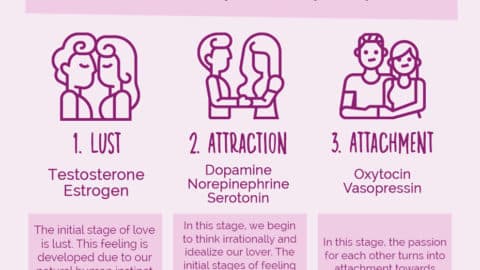Divorce is a deeply complex and emotionally challenging decision that many individuals face.
Regardless of the reasons behind the dissolution of a marriage, it can feel like the ground is being swept out from under your feet, leaving you with a turbulent mix of emotions and distress.
In a world where nearly 50 percent of all marriages end in divorce, it is essential to have effective coping strategies to help you navigate this painful period.
If you’re currently going through a divorce or know someone who is, here are some practical strategies to cope with this life-altering event, according to Dr. Jyoti Kapoor, founder-director, and senior psychiatrist at Manasthali.
1. Allow Yourself to Grieve
Divorce is not merely a legal separation; it represents a profound loss that demands a period of mourning.
It is entirely normal to experience a rollercoaster of emotions during this time, ranging from profound sadness to bursts of anger or even unexpected relief. The key is to give yourself the space and time to grieve the end of your relationship.
2. Seek Support to Cope with Divorce
One of the most crucial steps in coping with divorce is reaching out to a support network.
This network can consist of friends, family members, or a compassionate therapist who can lend a sympathetic ear and provide fresh insights into your situation.
Sharing your thoughts and feelings with someone you trust can offer solace and understanding.
3. Focus on Self-Care
Divorce can be emotionally draining, making self-care a top priority. Taking care of both your physical and emotional well-being is essential.
Ensure that you get enough rest, nourish your body with healthy food, and engage in activities that bring you joy. Cultivating self-care habits can be a lifeline during these turbulent times.
4. Set Realistic Expectations
The process of healing from divorce takes time and happens gradually. It’s crucial to establish realistic expectations for yourself.
It is important to understand and accept that there will be both positive as well as difficult days.
Allow yourself the patience and understanding to progress through this journey at your own speed
5. Create a New Routine
Creating a fresh daily schedule that suits your present situation can offer a feeling of steadiness and command in the midst of turbulent changes.
This structured routine serves as a framework on which you can reconstruct a semblance of normality in your life.
6. Reconnect with Hobbies and Interests
Exploring former sources of joy and satisfaction is a crucial aspect of the recovery journey.
Reconnecting with these hobbies and interests not only provides a therapeutic release but also contributes to the reconstruction of a self-identity that exists apart from your prior marital backdrop.
It allows you to regain a sense of individuality, separate from the context of your former relationship, promoting emotional healing and personal growth.
7. Focus on the Future
Recognizing the significance of the past, it becomes imperative to pivot one’s attention towards the future.
By outlining fresh personal and career objectives and making steady progress towards them, you can unleash the potential for personal development and rejuvenation.
This shift in perspective, focusing on the opportunities that await, can serve as a potent catalyst for fostering growth and renewal in one’s life.
In conclusion, divorce is undoubtedly one of life’s most challenging decisions, and it can have a profound impact on individuals and their families.
However, by following these coping strategies, individuals can navigate this difficult period with resilience and emerge on the other side with a renewed sense of self and purpose.
Remember that you are not alone, and seeking support and self-care are essential components of the healing process.
Embrace the journey of self-discovery and personal growth that can arise from this challenging life transition.





